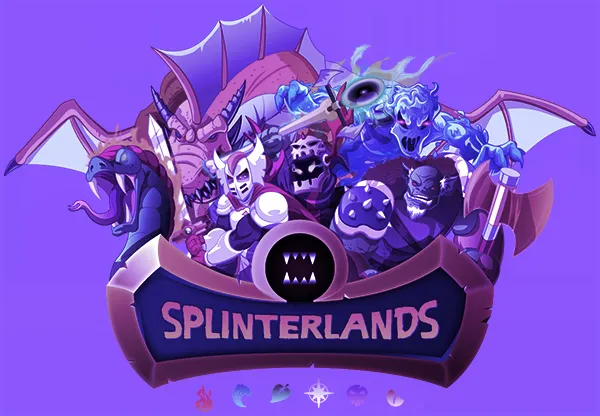U.S.-based record label Warner Music Group and blockchain gaming company Splinterlands have agreed to develop new blockchain games centered around WMG musicians and their work. According to a statement today, the games will be play-to-earn (P2E), “arcade style,” and designed for mobile devices.
Splinterlands is a fantasy digital card game built on the Hive blockchain, but users must transfer Splinterlands NFTs to the WAX blockchain for secondary sales. NFTs are unique cryptographic tokens that exist on a blockchain and signify one’s ownership over an asset—in this case, in-game assets.
Since it launched in 2018, Splinterlands now has 450,000 daily players and 1.8 million registered users. It was also the most popular blockchain game last month, according to data from DappRadar.
Oana Ruxandra, WMG’s chief digital officer and executive vice president of business development, explained that the blockchain games developed with the Splinterlands team will offer artists—and the label—new revenue streams.
“I don’t think we can underestimate how massive the opportunity around P2E gaming is,” Ruxandra said in the statement.
On partnering with WMG, Splinterlands CEO Jesse Reich said the record label is “innovating the music industry to meet the standards set by Web 3.0 community members.”
While Reich didn’t say what those standards are, some musicians have criticized the traditional music industry and launched startups to create new avenues for discoverability and monetization without major labels taking a cut.
For example, Sound is a startup created by David Greenstein, son of Sirius XM President Scott Greenstein. It raised $5 million in December from Andreessen Horowitz and entertainers like 21 Savage, Holly Herndon and Trevor McFedries. Sound offers musicians a new way to be discovered without a label and lets fans buy songs as NFTs. Since launching, Sound has paid out over $600,000 to artists. Musician 3LAU’s Royal is a competing NFT music startup looking to give artists a larger share of music income using NFTs.
Record labels chasing revenue via Web3 should come as no surprise—many musicians already do, trying to supplement insufficient royalties and advances. Veteran DJ and music producer Steve Aoki said at a recent event for Gala Music that he’s already made more money from NFTs than from 10 years of music advances.
“As music NFTs become more of a part of how we integrate and support artists,” Aoki said at the time, “the labels will have to do more than just add the song on a playlist.”

